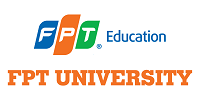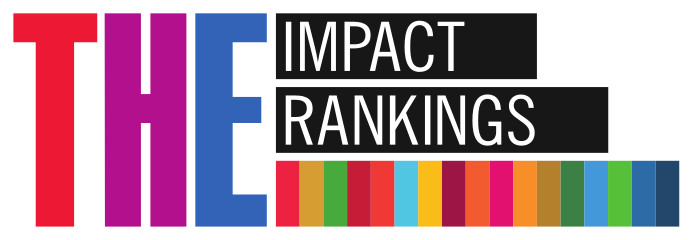Held within the framework of Tech4Life Expo & Summit 2025 in Ho Chi Minh City, co-organized by the Ho Chi Minh City Department of Science and Technology and the Vietnam Software and IT Services Association (VINASA), the seminar “AI and the Future of Careers” on September 19, 2025 brought together experts, educators, and businesses to discuss the profound impact of artificial intelligence on the labor market. Many speakers pointed out that alongside vast opportunities, AI also poses challenges in restructuring education to train a workforce ready to adapt and lead the future.
AI and the shift in educational mindset
Artificial intelligence is transforming teaching, learning, and assessment. Speaking at the seminar, Tran Tuan Anh – Deputy Director, Head of Training Department, FPT University Ho Chi Minh City campus – remarked: “If AI can answer better than teachers, then what is left for teachers to do? This is the question we faced right from the moment ChatGPT appeared.”
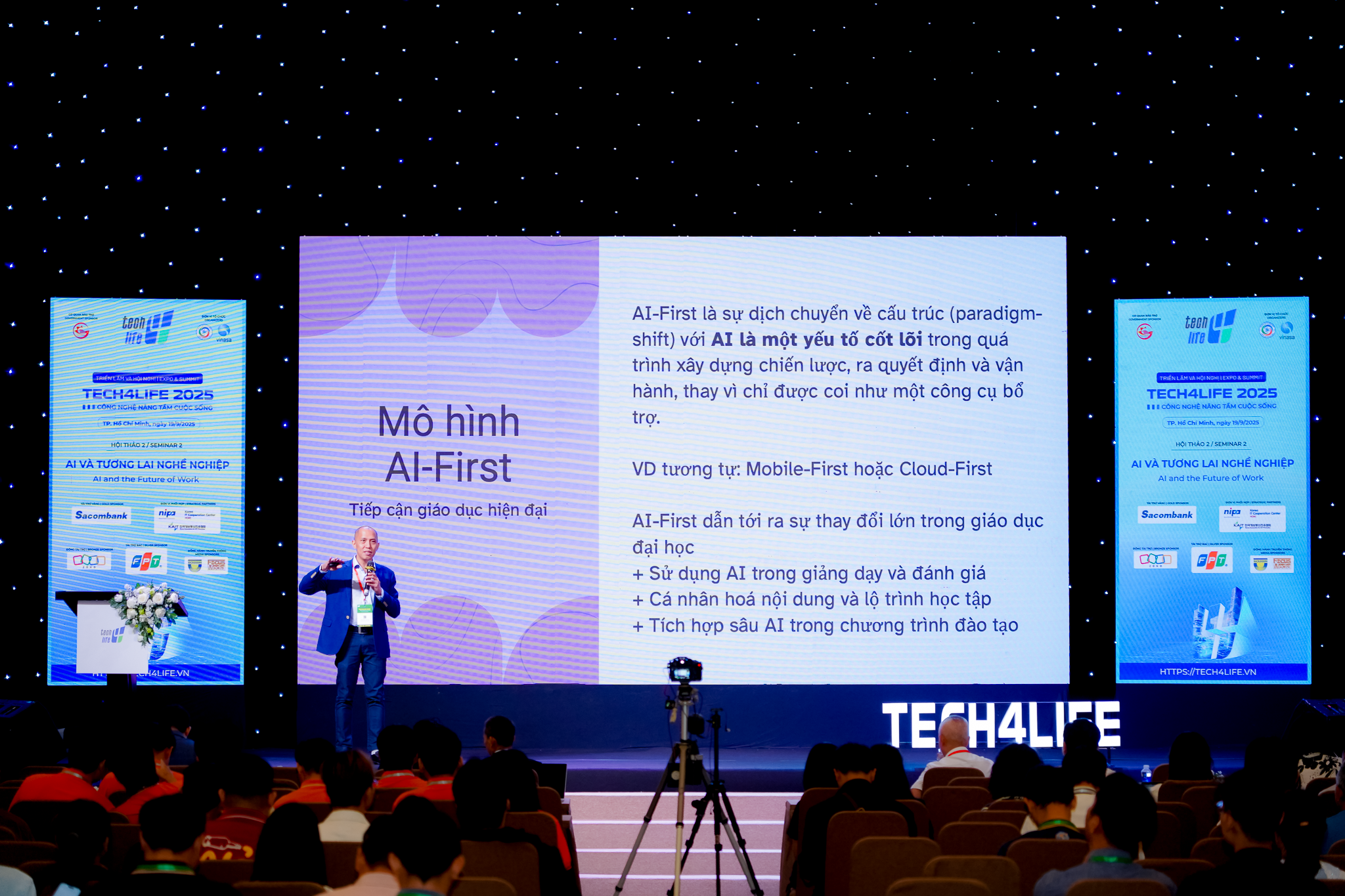
According to him, AI is redefining how humans learn and work, forcing education to rethink its role. In response, FPT University has chosen to “rebuild from the ground up” its curriculum. “We left no stone unturned,” stressed Tran Tuan Anh. Each subject was reviewed against business needs and labor market shifts. Outdated modules were replaced, key courses updated with AI content, and new ones introduced to build practical skills. As a pioneer in applying technology to training, FPT University has been embedding the “AI-First” model into nearly all programs.
Sharing similar concerns, Prof. Truong Nguyen Thanh – Vice Chairman of the Advisory Board, Hoa Sen University – highlighted the reality where teachers may use AI to create exams, students to complete them, and AI again to grade them. This raises the question: should universities ban AI or adapt? Prof. Thanh argued that instead of fearing AI, education should harness it to enhance teaching and learning efficiency. He emphasized the need for investment in integrated Learning Management Systems (LMS) as the backbone of digital transformation. “AI does not replace humans. It is a tool that helps teachers teach better and students learn more effectively,” he affirmed.
Challenges and leverage for future careers
Oscar Lopez Alegre, Chairman of the Spanish Chamber of Commerce in Vietnam and CEO of Nextway Technology, stressed that AI is not just a technological tool but a system with far-reaching social, ethical, and employment implications. Developers must be able to analyze, question, and evaluate the impact of what they create, rather than merely chase programming speed or ready-made algorithms.
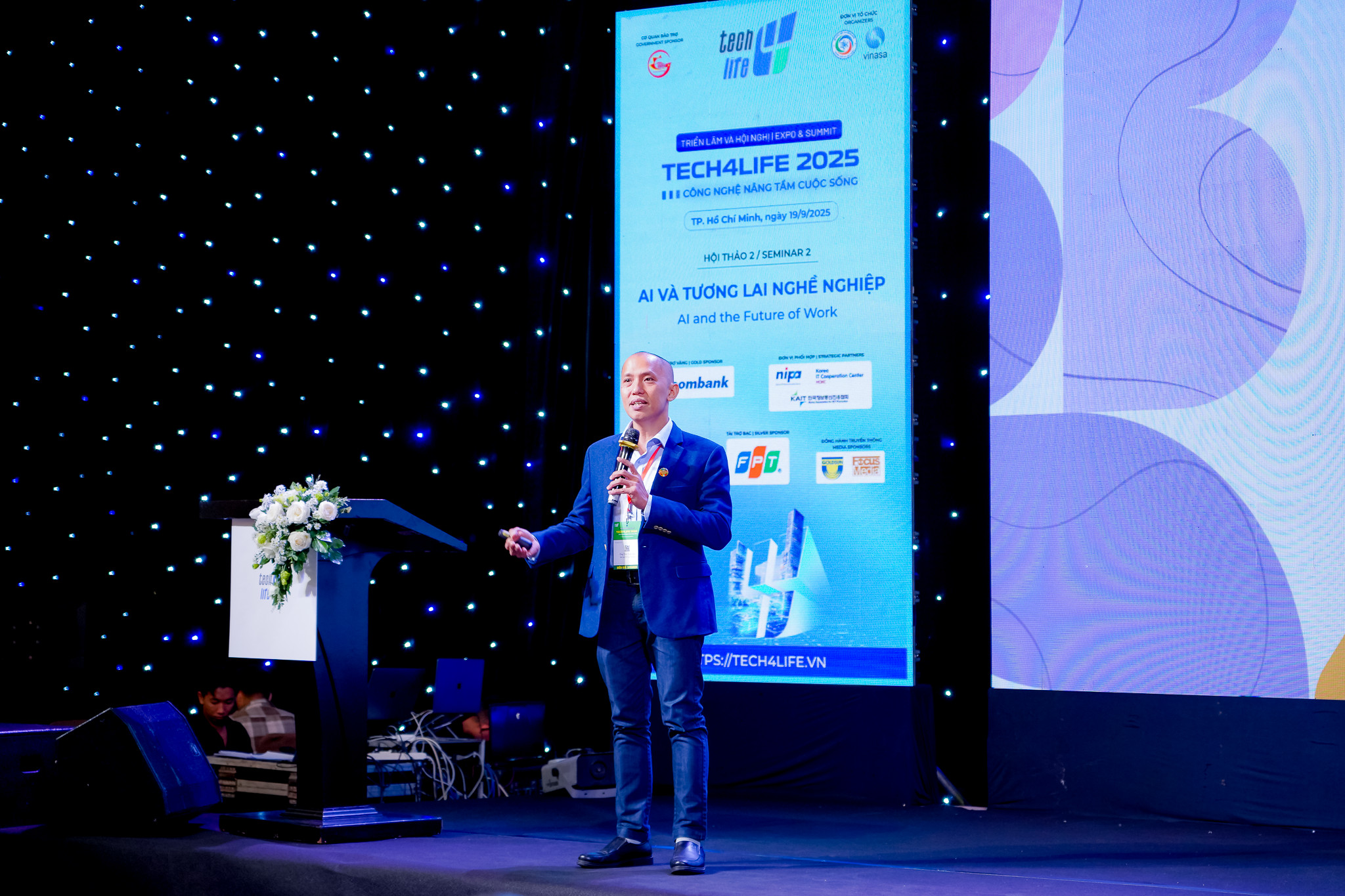
He also pointed out challenges young people face, from biased datasets to ethical risks in AI applications. Critical thinking, he noted, enables them not only to identify problems but also to propose creative and responsible solutions—laying the foundation for AI products that are technologically advanced, human-centered, and capable of shaping a sustainable digital future.
As the founder of Lovinbot, a startup pioneering Generative AI in marketing in Vietnam, Dang Huu Son highlighted how AI is transforming the job search journey. If in the past, recruitment relied heavily on personal connections and subjective impressions, today AI allows applicants to personalize CVs, automate screening, and even simulate interviews. According to him, technology not only saves time but also increases the chance to stand out among hundreds of candidates.
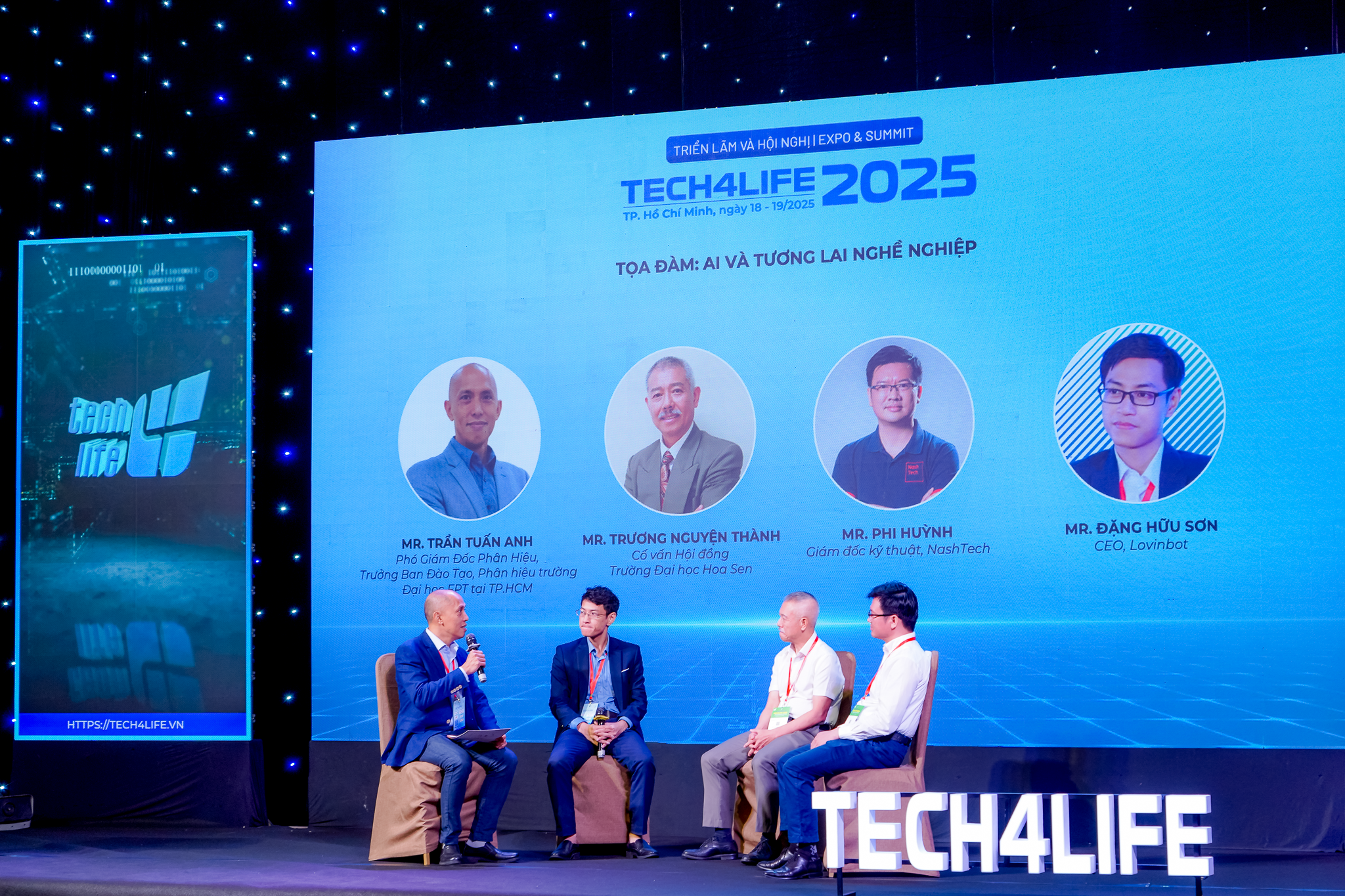
Drawing from his own experience, Son summarized the “four steps to career success”: choosing target companies, building projects that demonstrate value, networking with industry professionals, and preparing to be an “expert candidate” in interviews. He emphasized that AI helps individuals research markets, analyze companies, position their skills, and present themselves more professionally. With AI as a companion, the job hunt shifts from trial-and-error to a strategic and effective journey.
Phi Anh Tuan – Member of VINASA’s Executive Committee and Chairman of PAT Consulting – added that anyone can use AI to advance their career and life. Sharing the story of a woman over 70 using ChatGPT and Gemini to run a digital business, he said: “AI is only a tool. Creativity and human experience determine quality.” From his own challenging student years to international business and startup ventures, he concluded: building foundational knowledge, systematic thinking, resilience, and self-belief are key lessons for success.
Summing up the discussion, Tran Tuan Anh of FPT University Ho Chi Minh City campus reaffirmed that education must equip students with solid foundations, in-depth expertise, interdisciplinary knowledge, and essential skills such as critical thinking, problem-solving, adaptability, and lifelong learning.
FPTU’s showcase at Tech4Life Expo & Summit 2025
Beyond expert insights at the seminar, FPT University also impressed the audience with 10 student-led tech projects showcased at the exhibition booths, including: Memora – Language Garden (AI-powered Japanese learning app); EmoEase (emotional sharing & mental healing); Artline (creative production workflow management); Hypersona (AI assistant for marketing & sales); Blood Moon RPG (Vietnamese fantasy game series); and STEM Education Kit (a demo STEM toolkit designed by FPT students). The booths attracted hundreds of thousands of visitors and clearly reflected the university’s “AI-First” training approach.
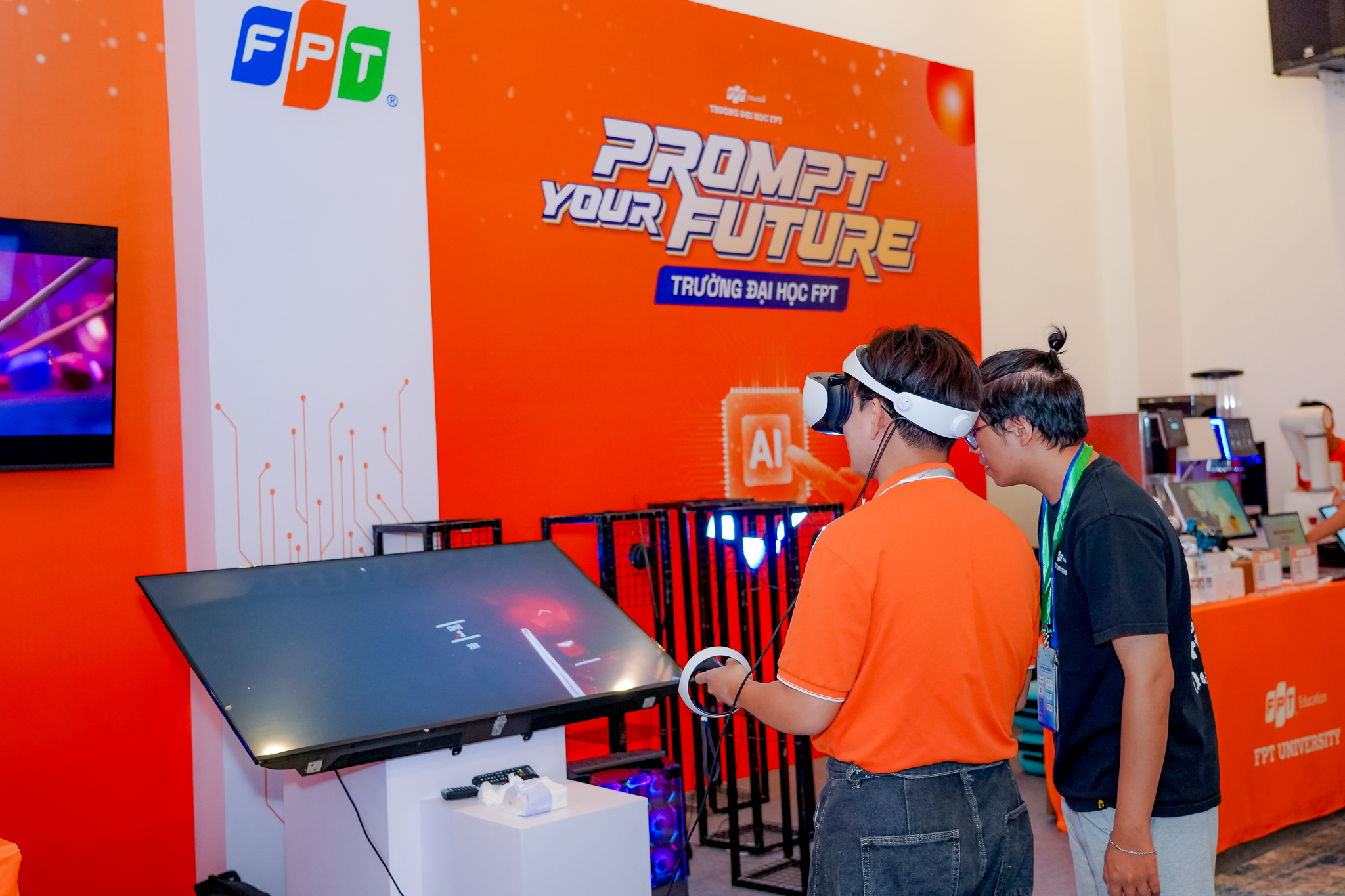
Notably, FPTU students also excelled at VietFuture Awards 2025, winning two major prizes. The academic project management app TaskSpace took home the First Prize, while ReHistoria – an AR app for exploring historical sites – received the Potential Prize.
